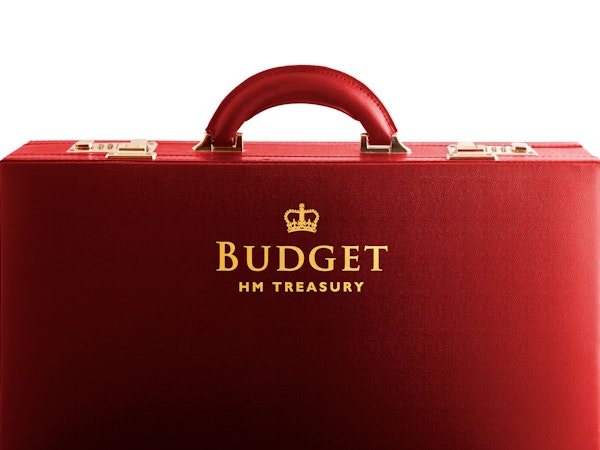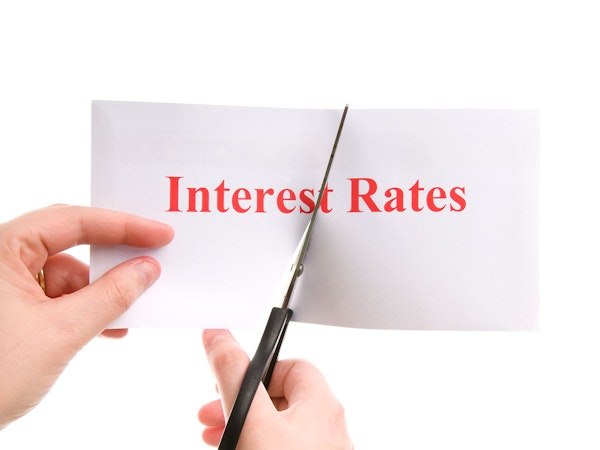The implications of the over-75 licence problem
While the row over the BBC’s decision to scrap universal free TV licences for the over-75s has focused on the impact on those affected, it also forms part of the ongoing broader debate around inter-generational fairness.

Free TV licences for the over-75s were introduced by Gordon Brown in his 2000 Budget. At a relatively modest initial cost, it seemed a straightforward, crowd-pleasing measure.
Fast forward to 2015 and a government looking to ease spending cuts discovered a way to deal with the rising cost of free TV licenses: it passed the problem onto the BBC. In exchange for government agreement on a financing deal that provided an index-linked licence fee and closed loopholes on catch-up TV, the broadcaster accepted the poisoned chalice of responsibility for the free licence scheme from 2020.
Regardless of the expected political outcries, it always looked as if the BBC would be forced to drop the universality of 75+ free licences. As the corporation has pointed out, maintaining the status quo would cost £745m – a fifth of its total budget.
A look at population numbers casts an interesting light on the over-75s issue and the wider implications of that cost. National Statistics data show that in 2000 the UK had 4.37m people aged 75 and over. By 2020 the corresponding figure is projected to be 5.84m – an increase of 1.47m or about one third.
The overall population is projected to have grown by about a seventh over the same period – less than half the pace of the growth in over-75s.
Simply on the basis of over-75 population growth and the increase in licence fee, the cost in 2020 would be double that of 2000. From this angle, the argument around free TV licences is a lens through which the much larger issue of an ageing population and intergenerational fairness comes into focus.
It is also a reminder that relying on the state to fund a comfortable retirement could mean losing much more than your favourite TV shows.





